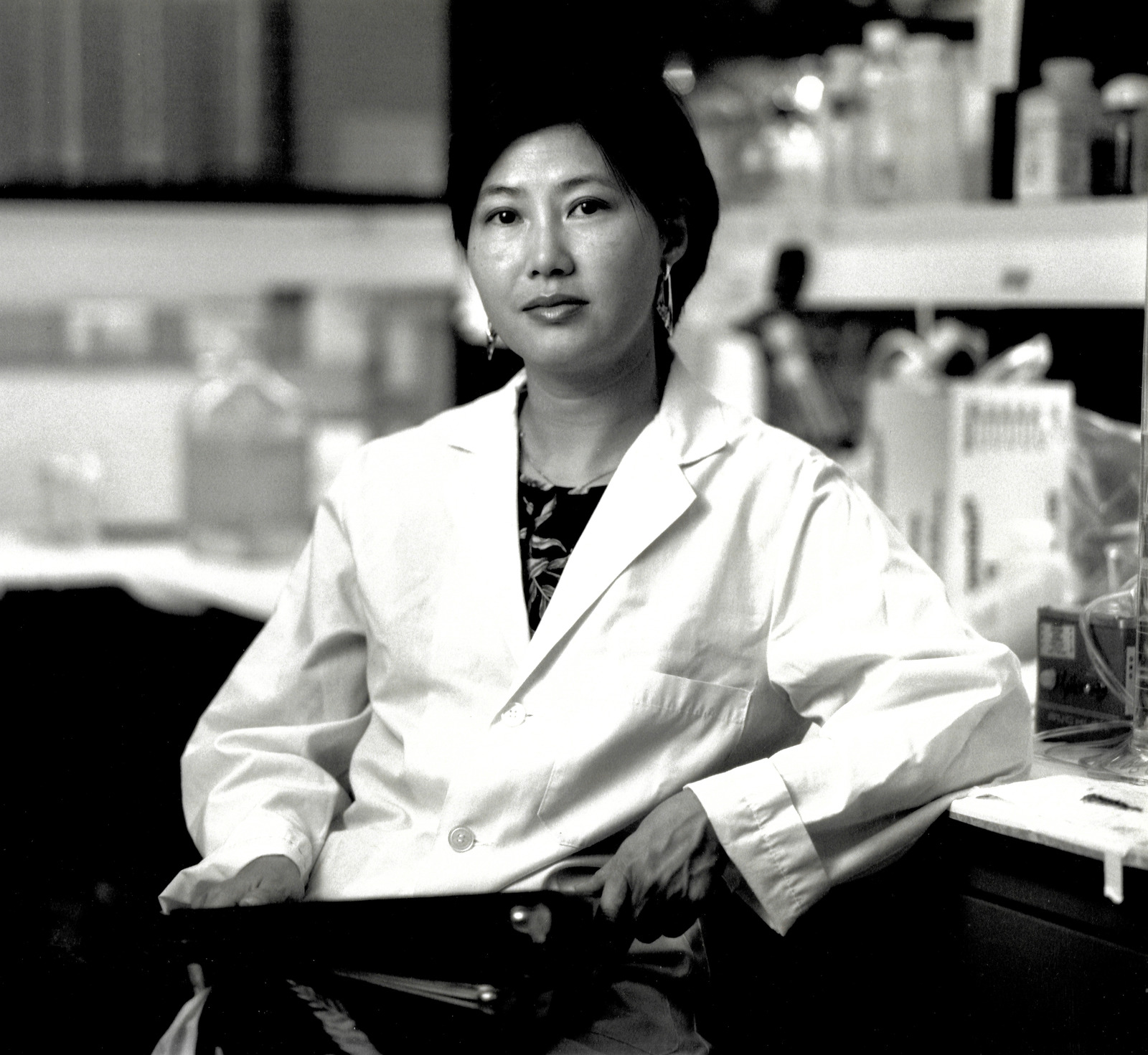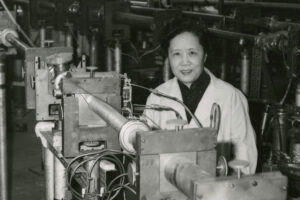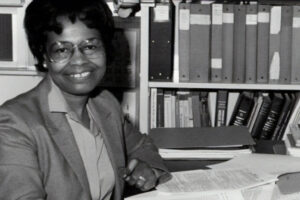Dr. Flossie Wong-Staal was a world-renowned virologist and molecular biologist who pioneered research on the Human Immunodeficiency Virus (HIV) in the 1980s. She was the first to clone the virus and determine how its genes functioned, which was a major step in proving that HIV was the causative agent of Acquired Immunodeficiency Syndrome (AIDS). Wong-Staal and her colleagues were also among a group of scientists who studied the sequencing order of nucleotides in the HIV DNA and mapped out its entire genetic makeup.

Their research led to evidence of micro-variation in HIV which showed there were two types of the virus with each type having various other groups which branched out into more subtypes and strains. The virus was also constantly mutating in response to immune pressures. This meant it would be difficult to develop a vaccine or cure. Through her research, however, they were able to develop effective therapeutic approaches and ‘drug cocktails’ to help manage the disease.
A passion for science
Dr. Flossie Wong-Staal was born in Guangzhou, China on August 27, 1946 as Wong Yee Ching. When she was 7 years old her family fled to Hong Kong to escape the communist regime in China. There she attended a Roman-Catholic school where she developed a passion for sciences and excelled in her studies. Her teachers quickly took note of her abilities and suggested she adopt a Western name. At the time most girls were named after saints in the Catholic Church such as Mary and Teresa. She felt those names were too common and wanted something unique that would make her stand out. She sought the help of her father who chose Flossie after a tropical hurricane that had struck Southeast Asia at the time.
In 1964, she left for the United States at the age of 18 for further studies. She enrolled at the University of California, Los Angeles where she pursued a Bachelor’s degree in Bacteriology. She graduated magna cum laude in 1968. She was the first woman in her family to have a college degree. She immediately pursued a doctorate in molecular biology from UCLA and graduated in 1972.
Studying retroviruses
In 1973 Wong-Staal was invited to work with Dr. Robert Gallo at the National Institute of Health (NIH) in Maryland Bethesda to study retroviruses – a special group of viruses that infect victims by fusing their genetic material with their host’s DNA. At the institute, Dr. Wong-Staal and Dr. Gallo made headlines by discovering the first human retrovirus that caused Leukemia (HTLV-1) for which Wong-Staal had provided molecular analysis.
At the time there was great skepticism that such viruses existed. Even hardcore scientists were fiercely against the research. But the duo had persisted and they were proven right. Following the discovery, Wong-Staal was soon promoted and assigned to lead a team of top molecular biologists.
A pioneer in the fight against HIV & AIDS
In the early 1980s when the first cases of AIDS were reported, Gallo and Wong-Staal turned their attention to this new disease to find a solution. Their earlier findings played a crucial role in helping them determine the causative agent and understand the inner workings of the virus. Once they figured out the role of the genes and the proteins, they began targeting them. Because of their research, there have been great strides in medication and treatments that fight symptoms of HIV in patients while simultaneously prolonging and improving the quality of their lives.
In 1990 Wong-Staal accepted an appointment at the University of California, San Diego as the Florence Seeley Riford Chair in AIDS research. In 1994 she was named the director of the newly formed UCSD center for AIDS research.
In 2002 she co-founded and became the vice-president of Immusol, a biopharmaceutical company that later became known as iTherX Pharmaceuticals where, in conjunction with her AIDS research, she also pursued treatments for hepatitis C.
An influential figure in modern medicine
Dr. Flossie Wong-Staal’s career spanned several decades during which she earned numerous accolades and became an established leader in molecular biology. She mentored dozens of postdocs during her tenure at NIH and iTherX, many of whom have become leaders in labs around the world. In a field massively dominated by men, Wong-Staal was able to gain the respect of everyone through her intelligence, strength, kindness and grace.
She was honored by Discover Magazine (2002) for being among the top 50 female scientists and was inducted into the National Women’s Hall of fame in 2019. She remains an impressive and influential pioneer in STEM and modern medicine.
Check out our other blogs to learn about other influential Asian Pacific American Women who helped shape modern STEM into what it is today.



